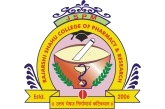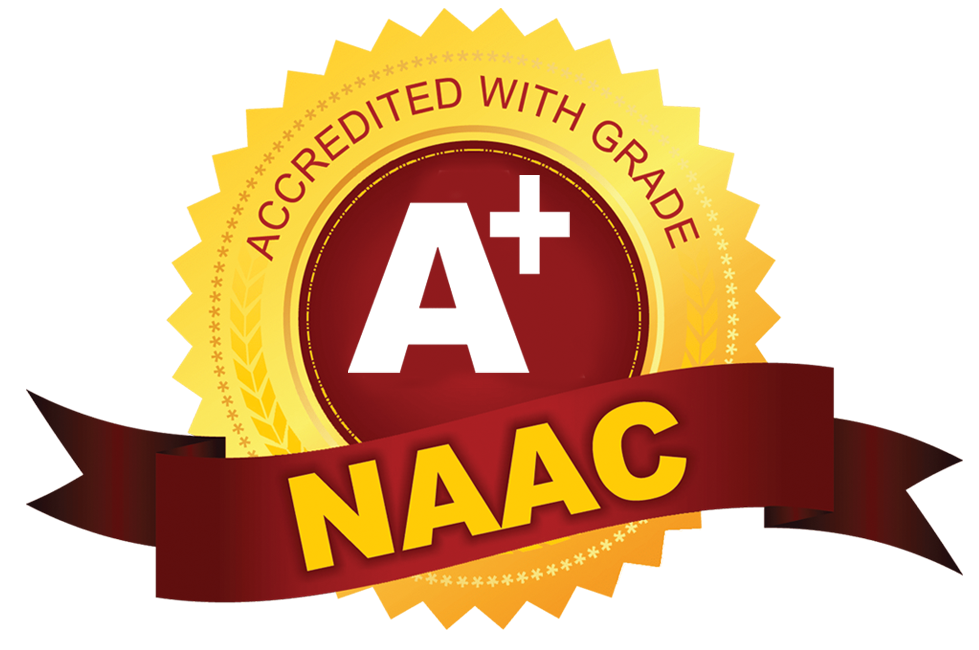ICT Tools for Teaching Learning Process
ICT ENABLED TOOLS FOR EFFECTIVE TEACHING LEARNING PROCESS
Following tools are used in the Teaching learning process in Online- Offline mode of instruction. During lockdown these ICT tools proved to be a boon for making the teaching learning process easy and accessible to all students.
1. Learning management system (MOODLE and Google classroom):
Moodle stands for Modular Object-Oriented Dynamic Learning Environment and statistics. Moodle is free software, a learning management system providing a platform for e-learning and it helps the various teachers considerably in conceptualizing the various courses, course structures and curriculum thus facilitating interaction with online students. It is configurable, highly-flexible, and feature-rich. RSCOPR has a self-customized MOODLE developed by Digital Content development team. (https://lms.jspmrscopr.edu.in/).
It is a very useful platform to share all learning resources, videos, sharing webpage. Moodle supports a range of media to present or link to learning materials, support the students and to assess their learning. It is able to provide automated assessment in the form of quiz, and give immediate detailed feedback to the students. The messaging system allows learners and teachers to communicate easily. Teachers can also communicate with groups of learners via course forums either to provide answers to learners’ questions or to just get involved in discussions. The uploaded learning resources are available to the students whenever they want them. The MOODLE mobile app makes students access even easier via smartphone or mobile device.
2. Google Classroom - Blended Learning Platform:
Google Classroom is a free, blended learning platform that offers a variety of benefits for both students and teachers. Google Classroom enhances the productivity and take workflow management to the next level. It keeps track of assignments coming in with a simple glance making it very easy to know everyone's status and to follow up with students who are missing work. Everything is time stamped, so late work is easily identifiable. Since Google apps are cloud based the work in Google Classroom saves automatically and is accessible from any device. With the app, both students and teachers can enjoy the full functionality of Google Classroom on a mobile device. Students receive notifications on their phone when assignments and announcements are posted, making it easy for students to stay on top of classroom happenings. As a teacher, the app enables you to post from your phone either right from the app or using share-sheet support.
3. Google Forms: Google Forms allows to conduct MCQ quizzes online. The information is stored as a spreadsheet automatically record the answers. The spreadsheet then populates the responses from the quiz or survey in real-time. Google forms can be used to give feedback to and receive feedback from students and parents.
4. Videoconferencing Platforms: During COVID pandemic when the world shifted to Online mode for teaching learning various free videoconferencing platforms like Google meet, Zoom and Cisco webex were used to conduct online classes.
All these have varying needs and features. Zoom allows the facility of using its features using a browser also without the need to download the application, the app download is mandatory in case of the other two software. Zoom allows face touch up facility as well which is not present in the other two competing software. Google Meet allows the maximum on-screen chatting time with respect to the others. It has over 60 minute long conferences whereas the time cap of others is only 40 minutes. Zoom has the highest, that is, 49 people that can be viewed on the screen at once.
5. Virtual Labs: The Virtual Labs provides remote-access to simulation-based Labs in various disciplines of science and engineering. This student-centric approach facilitates the absorption of basic and advanced concepts through simulation-based experimentation. Internet-based experimentation further permits use of additional web-resources, video-lectures, animated demonstrations and self-evaluation. Virtual labs are any place, any pace, any-time, any-type labs. It is a paradigm shift in student-centric, online education. Virtual labs sessions available on Virtual labs an MOE Government of India Initiative for Physical Pharmaceutics, Organic Chemistry and Inorganic chemistry subjects as well as Virtual labs sessions from Amrita Vlab portals for Microbiology, Organic chemistry and Inorganic chemistry practicals provide helpful tool to teacher during online teaching learning process.
6. Educational Videos and animations (Youtube and Internet): Various valuable educational videos of pharmacy subjects available on internet, youtube provide additional help in better understanding of subject knowledge.
7. Smart Classroom: Classroom integrated with Smartboards and internet connections provides enhanced and interactive learning and teaching opportunities for students and teachers. The internet-connected to systems in smart classes is stored with abundant information. It is accessible anytime for their teaching and learning process. Teachers can access information from various educational sources for teaching purposes. It helps in easy access to online resources. Smart Classrooms helps in developing critical thinking and problem-solving skills in students.
8. e-Resources: e- journals from Proquest Pharma and DELNET were available for students to access remotely in online mode and enhance their learning experience. e books were uploaded on MOODLE and Google Classroom.

